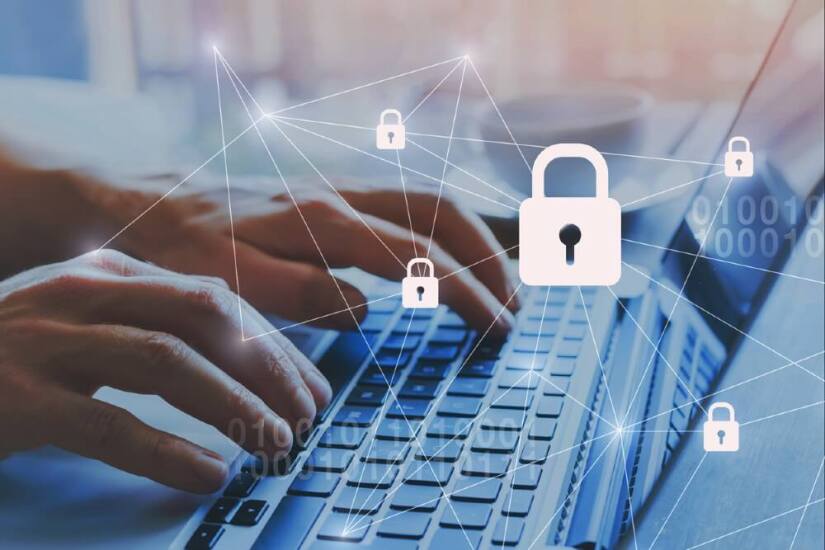Systems breaches and social engineering attacks are the top security threat for insurance and financial services businesses, according to a
Digital Insurance spoke with Alla Reznik, senior director at Verizon Business, about how small businesses, particularly small insurance companies, can protect their valuable data, what they should know about cyber threats, and what to watch out for in the future.
This article is from a longer interview and edited for clarity.

